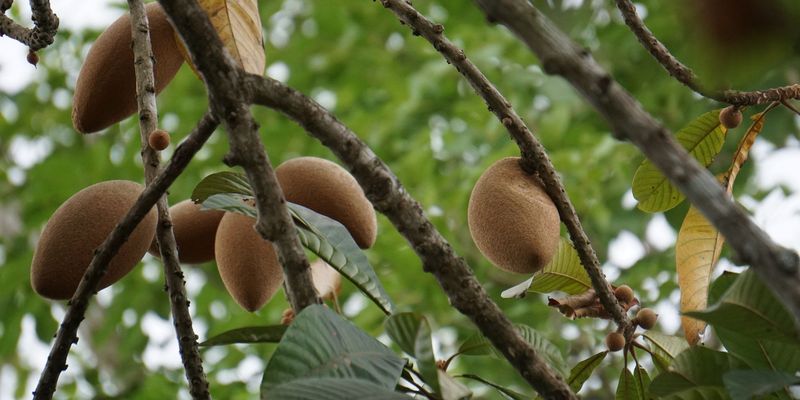Data use
Data on the origins of food crops
Published 7/27/2021
Paper describes a new database and phylogenetic tree to stimulate research on the macroecological and macroevolutionary patterns of crop origins

Domestication and cultivation of a few hundred wild plant species has formed the basis of our current food system. Detailed knowledge on the history of these crops, however, is limited to a few species, and research on the macroecological and macroevolutionary patterns of crop origins is scant.
This paper introduces Crop Origins, a comprehensive database on identities and usage of 866 food crop species with detailed information about taxonomic and geographic origins, aimed at stimulating new, comparative analyses on the origins of food crops.
Using GBIF-mediated species occurrences of the most likely wild progenitors of all crops, the author derived native ranges for which they described climate based on 19 variables from WorldClim, and assigned ecoregions based on the location of the highest number of occurrences for each progenitor.
In addition, the paper also introduces Phylo Food, a new phylogeny derived from a time-calibrated molecular mega-tree of nearly 75,000 plants pruned for the crop taxa. Exploring the phylogenetic patterns of the tree shows that crop species are widely distributed across major clades—with about half being rosids, 25 per cent superasterids and the remaining monocots and magnoliids.
The datasets with accompanying metadata and code are freely available online, and interested colleagues are invited to provide feedback and report inaccuracies to the author.